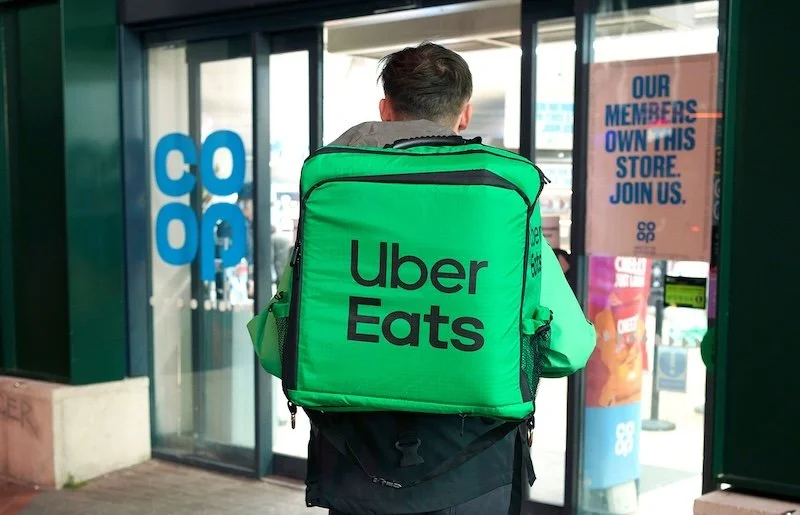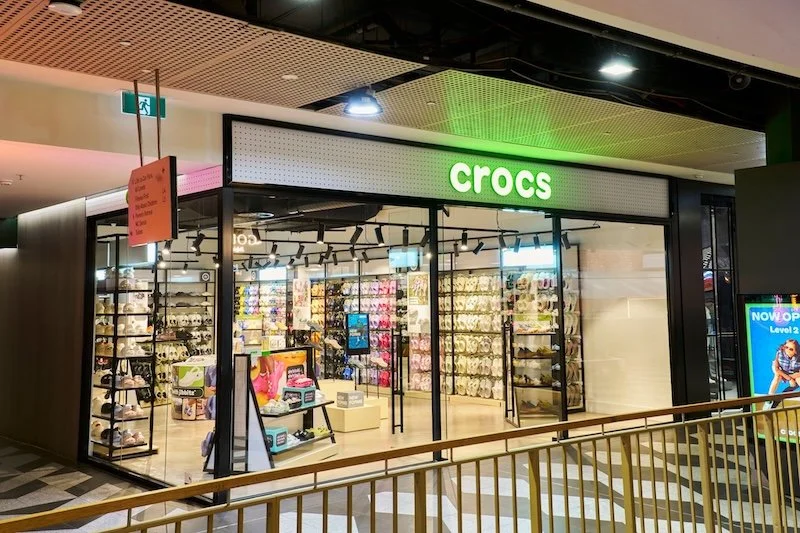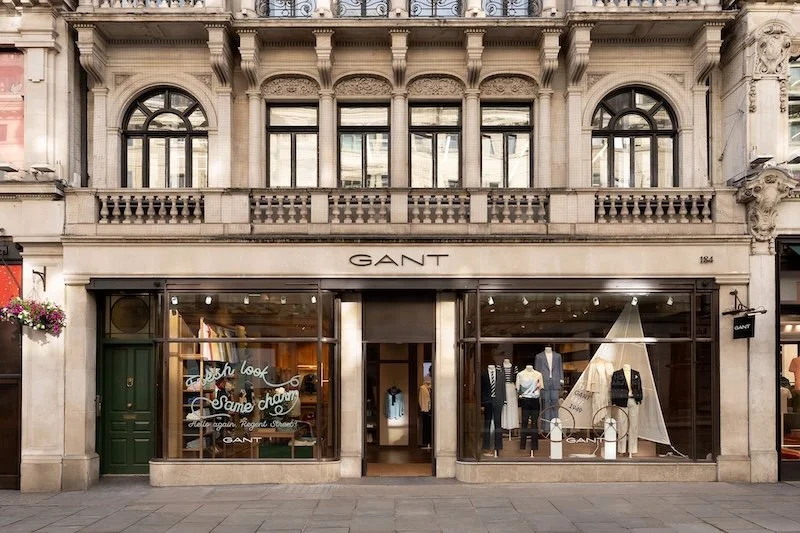Does the UK still care about Black Friday?
By David Buckingham, CEO, Ecrebo
The Friday after Thanksgiving is one of the most popular shopping days of the year in the US, so much so that many people even take the day off work to make the most of the best deals and discounts on their favourite goods. This day also marks the beginning of the yearly Christmas shop, and last year alone, US shoppers spent $655 billion between Black Friday and Christmas Day.
Amazon finally introduced the discount day to the UK in 2010, and shortly after Asda decided to jump on the bandwagon and introduced Black Friday specials to its customers. The idea of this was not only to increase sales, but to offer its customers the best deals and discounts around, and improve customer loyalty. And the expectation was to add this brand new sales promotion to the calendar and reap the long-term benefits. However, the reality differed from the expectations. The media was filled, not with news of the amazing discounts on offer, but rather, images of customers physically fighting it out in store to grab hold of these bargains.
Now four years later and the question still comes to mind: is Black Friday really still popular in the UK? Especially as the one-day promotion has branched out to include Cyber Monday, another US import. This is the day where consumers are enticed online by retailers, with the promise of even bigger and better discounts. In 2016, UK shoppers spent £1.9 billion on Cyber Monday, and the discount day broke records in the US, where $3.45 billion was spent online, making it the biggest day in US e-commerce history, according to Adobe Digital Insights.
Black Friday and Cyber Monday have recently morphed to include the weekend in between, as many retailers extend their promotions by offering them both before and after Black Friday. Retailers, including Currys PC World, are offering ten days of discounts and Amazon has also just announced ten days of deals starting Friday, 17th November with the sale continuing until 23:59 on Sunday, 26th November. However, not all UK retailers are convinced by Black Friday. Asda stepped away from Black Friday deals in 2015, citing: "Instead of the hustle and bustle and pressure of one or two day sales where customers typically push the boat out on high-value items, this year Asda customers say they’d prefer deals on value-for-money, high-quality products that all the family can enjoy."
And they weren’t alone. Other retailers such as Asos, IKEA, Next and Homebase, also refrained, while others like M&S and Selfridges instead focused on their Christmas promotions. Taking it a step further, the likes of FatFace publicly abstained from the promotion and instead donated £100,000 of its profits to charity. But putting all this aside, how does the weekend in the UK compare to other countries?
Not very well. It seems UK retailers don’t apply the same level of discounts as other countries. Compared to other European countries and our cousins across the pond, UK retailers cut prices by 9%, while those in Germany (23%), France (26%), the US (29%) and Canada (36%) reduced prices substantially more. And, taking a wider view, how does Black Friday compare to other sales events? It doesn’t actually represent the biggest global shopping day. That honour goes to Singles' Day. Last year, Chinese shoppers dropped a whopping $17.8 billion (£14.2 billion) in just one day. In fact, it’s such a big deal, that Alibaba hired a Hollywood director to make a four-hour national television gala, especially for the event.
While it’s true that UK shoppers spent over £5 billion during the shopping weekend last year, will Cyber Weekend continue to entice shoppers and increase sales? If the aim is to keep customers loyal, perhaps retailers should look at another approach and focus on year-round value.










Continue reading…